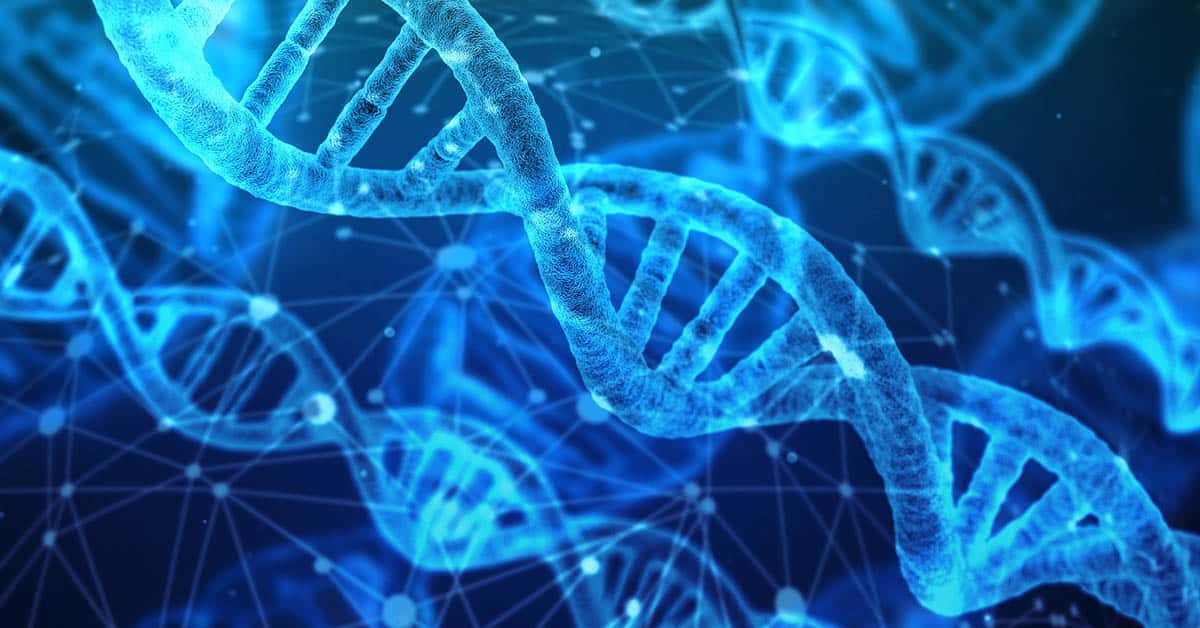THE disintegration of family setups, largely attributed to increased infidelity, has become a major cause of concern amid startling revelations of an increase in negative paternity Deoxyribonucleic Acid (DNA) test results in the country.
DNA testing, which was made widely accessible in Zimbabwe by Global DNA Zimbabwe, has brought relief to many through enabling the solving of complex paternity and inheritance issues.
The Legal DNA Test has enabled inheritance, child support, and maintenance disputes to be settled amicably, while Forensic DNA tests help in identifying individuals after death.
In last year’s DNA testing statistics conducted by Global DNA Zimbabwe – a leading player in that field – there was a whopping 63 percent negative result, slightly lower than the 2018 statistical evaluation which showed that the 70percent of men who took part in the paternity DNA tests are keeping children that are not theirs, data analysis for tests conducted reveals.
Out of 1 319 tests conducted 488 samples (36,99 percent) reflected a positive result while 831 samples (63 percent) tested negative.
The analysis reflected that 63 percent of the alleged fathers were not the biological parent of the tested child.
The test results also show that 37 percent of the alleged fathers were not excluded as the biological father of the tested child and the probability of paternity was 99,99 percent.
“While the 2020 statistical data will be out anytime from now, Paternity DNA test results for 2018 and 2019 revealed more negative results than positive indicating a high prevalence rate of infidelity.
“Most people are coming for paternity tests owing to infidelity and long-distance relationships especially married couples and those seeking to settle maintenance and inheritance disputes. However, we are very concerned by the high rate of negative paternity test results which reflects a deep rot in society as more and more people are no longer faithful to their spouses or partners,” said Global DNA Zimbabwe Principal Consultant Tinashe Mugabe.
DNA samples are tested in order to find correspondence within the DNA of the participants. While every person has a unique DNA profile, it is by one half received from the mother and by the other from the father.
There are minor variations within the DNA of each person that is useful for DNA tests. The samples are tested and a written DNA report clearly shows these variations or their absence. Hence, certain parallels between different reports can be established or be ruled out therefore also specifying a relationship between the test participants.
South Africa-based analyst and cleric Norman Shoko concurred with the assertion that the high prevalence rate of negative paternity test results was a major cause of worry saying, “it is likely because more and more people especially men are now emboldened to demand DNA testing which is now widely accessible unlike in the old days. This may also be attributed to the harsh economic climate obtaining in the country in which the cost of raising a child are substantially high.”
Data analysis for DNA tests is derived from the Infidelity DNA Test, Legal Paternity DNA Test, Avuncular DNA Test, Relationship DNA Test, Skin Analysis DNA Test, Health Weight DNATest, Peace of Mind Paternity DNA Test, Pre-natal DNA Test, Siblingship DNA Test, Immigration DNA Test, Food and Drink DNA Test as well as the Animal DNA Test.
The most popular test is the Peace of Mind Paternity DNA Test in which samples used are mainly buccal swabs, nails, toothbrushes, and used earbuds.
-Spiked














